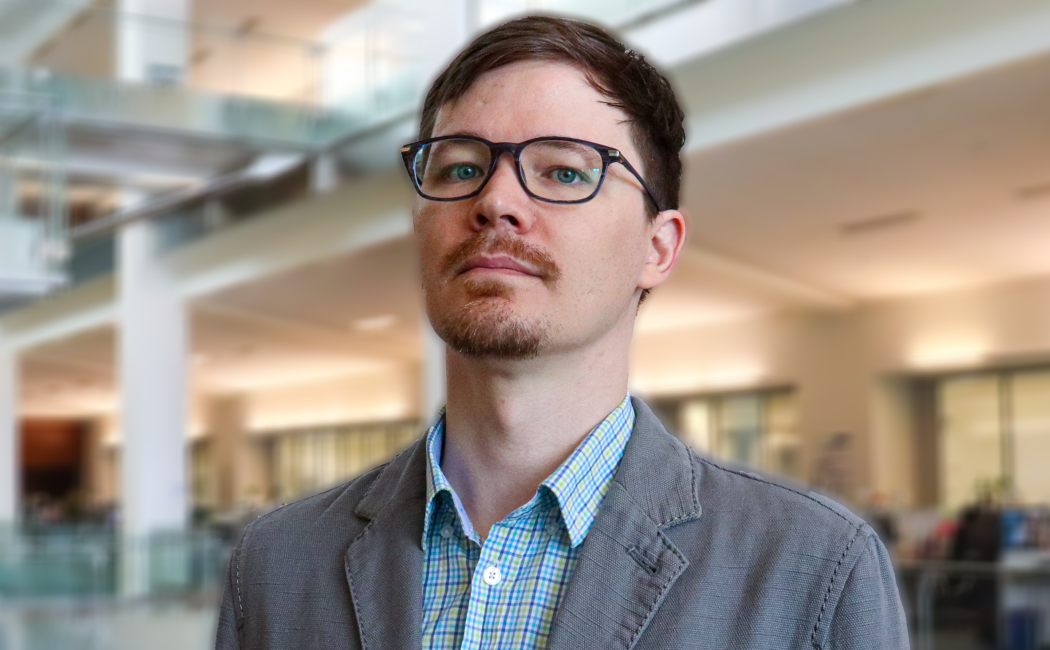.jpg?sfvrsn=1a62d0cb_0)
.jpg?sfvrsn=1a62d0cb_0)

This Simple Trick Helps Increase Incremental Oil Recovery
Abstract
In the comfort of our heated houses or freezing-cold conference rooms, listening to the vocal and eloquent narrative about renewable energy, it is very easy to forget that the majority of the things and stuff that surround us are made of fossil fuels. It is clear that everything in our lifestyle critically depends on fossil fuels. In spite of global climate change, the ambitious dreams of the past to fully transition to renewable energy have not come true, and we are still as dependent on fossil fuels as in the past.
If any energy transition is to happen, it will depend on the energy extracted from fossil fuels. Today, it is important more than ever to invest in research projects that improve our ability to recover fossil fuels from subsurface reservoirs.
This presentation gives a high level overview of fundamental and applied research conducted by the Energy Geosystems Research Group at ANPERC, KAUST. The main goal of this effort is to increase incremental oil production from highly heterogeneous mixed–wet carbonate rock present in the world’s largest oil reservoir that is located in Saudi Arabia.
We start with a formal description of calcium carbonate surface chemistry using experiments and modeling. Next, we switch to the subject of mineral surface wettability and how it affects expulsion of crude oil from porous rock. Due to its complexity, this process is usually broken down into simpler model systems. For example, in the laboratory, oil expulsion is frequently studied in a single or series of capillaries that somewhat resemble the pore network inside the rock.
Finally, we examine the connection between the calcium carbonate surface chemistry and the wettability of porous carbonate rock. Again, we break down the problem into simpler model systems and demonstrate the main ideas using pristine mineral surfaces, controlled brine compositions, and the known structure and composition of organic matter. The surface interactions with the major ions in the subsurface brine serve as the basis for our team to interpret the interactions of organic matter with the calcium carbonate surface, and allow us to understand and improve oil extraction techniques. To study only relevant organic matter, we isolate the crude-oil-organic material that interacts with mineral surfaces. The compositional data on the isolated organic matter drives our choice of model systems.
In conclusion, this presentation shows that improving our knowledge of the fundamentals of oil recovery can only lead to advances that have the potential to improve the quality of life – for all of us.
Bio
Dr. Yutkin received his MSc degree majoring in applied chemistry at Novosibirsk State University and his PhD degree from the Nikolayev Institute of Inogranic Chemistry, Russia. Following his post-doctoral appointment at Pohang University of Science and Technology in South Korea, Dr. Yutkin joined the Schlumberger engineering and development center. In 2015, Dr. Yutkin joined the newly established Ali I. Naimi Petroleum Research Center at KAUST as a Research Scientist. He significantly contributed to the center’s laboratory design and development in its early years and has continued to co-supervise MSc and PhD students. Dr. Yutkin has a broad scientific expertise ranging from physical chemistry, characterization of functional materials and oil and gas research. He leads a number of multi-disciplinary research projects at KAUST.